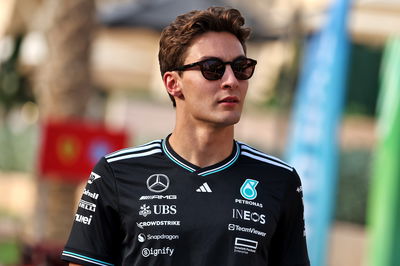F1 Is Still Drug-free, Claims Mosley
FIA president Max Mosley has hit back at allegations that Formula One is in the grip of performance-enhancing drugs by claiming that the sport's mandatory tests have yet to prove that this is the case.
(We usually have two random tests a year,) revealed Mosley, (and, bar once, they have never shown anything untoward.)
FIA president Max Mosley has hit back at allegations that Formula One is in the grip of performance-enhancing drugs by claiming that the sport's mandatory tests have yet to prove that this is the case.
(We usually have two random tests a year,) revealed Mosley, (and, bar once, they have never shown anything untoward.)
The president's claims come in response to an article in the British magazine Motoring News, in which TWR-Arrows physio Dominique Sappia implied that the majority of grand prix drivers used the stamina-enhancing substance Creatine. The drug, which is widely available in chemists and health shops and is a naturally occurring amino-acid, has few known side-effects, and does not feature on the International Olympic Committee's banned list.
The IOC is due to discuss the use of Creatine next month, however, and the FIA, which copies the Committee's recommendations, is sure to follow suit on any decision that may be taken.
For the record, the one known occasion on which a random F1 drug test produced anything untoward was during the 1995 European GP, when Rubens Barrichello and Max Papis tested positive for ephedrine. Both had used an over-the-counter 'flu remedy and did not face action as a result.










